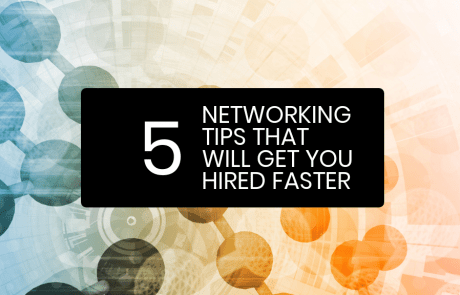
Okay, let’s start this with one of the most obvious and truthful statements you’ll read in a “How to” piece: Getting fired sucks. Actually, losing your job in any fashion does. Even if you’ve “only been laid off”.
The trauma of losing a job is made worse if it was unexpected or if the situation involved personal as well as/rather than professional circumstances.
Days, even weeks go by where you find yourself wondering “what if” and “if only I’d… “, neither of which will permit you attend to the thing you need to focus on most: How to get hired. And preferably quickly. Which requires getting your Mojo back. Which is, of course, easier said than done.
Your attitude, your mental state, your emotional well-being often pose the biggest obstacles to a productive job search. However, throwing a pity-party is what many of us do anyway.
And, although friends and loved ones will be sympathetic at first, it’ll soon become clear that the only person interested in having the party go on and on is you.
So, what to do? Here are some adjustments intended to not only assist you through the stages of loss you might experience but also redirect your energy towards your job search:
-
- First things first: Take stock. Of yourself, of what really happened. Defuse. Your. Anger. And for the love of all that is good and holy (not to mention your professional future), do not engage in email communication with anyone still at the job you’ve just left, do not Tweet or post on Facebook your feelings, your version of what happened or anything related to your recent “career adjustment”.
It’ll make you feel better, you say? Perhaps, but just remember that the concept of privacy on the Internet is a fallacy and that what most people hope is true about Las Vegas is actually true about the worldwide web: What happens on the Internet stays on the Internet.
Whatever satisfaction you may derive from venting will be forgotten if what you’ve “shared” makes the rounds in your industry, at which point it will become infinitely harder to get hired.
-
- Take care of yourself. Don’t hole up indoors, don’t pig out on junk food, don’t turn to self-medication. “But I want to!”, you say to yourself. We get it. Just don’t. It won’t serve you (see pity party discussion above).
-
- Trust the trustworthy. Talk to those whose opinions and judgment your respect. Share what happened to the extent it’s comfortable. Some dispassionate observations will not only keep you grounded but will help you to move past what happened and work on what needs to happen.
-
- Network. This is a good way to begin to craft your story going forward. You’re going to have to present the facts about what happened in order to get hired so you might as well work on that before you’re sitting in a job interview. Besides, people know people, right?
-
- Losing a job sucks but you don’t. Take inventory of your career as if you were evaluating the background of someone else, with the only instruction being to prepare a presentation of the accomplishments, successes, the overall merits of that person.
This exercise will go a long way towards restoring your self-confidence, critical in order to be able to demonstrate your value to prospective employers.
-
- WTF? No, not that. Once you’ve calmed down, assess the circumstances surrounding your separation, evaluate your part in it and identify what you need to do to improve, all so you can answer the question: Why the fail?
-
- Forgive yourself.
Want to get hired? Get your Mojo working again.









